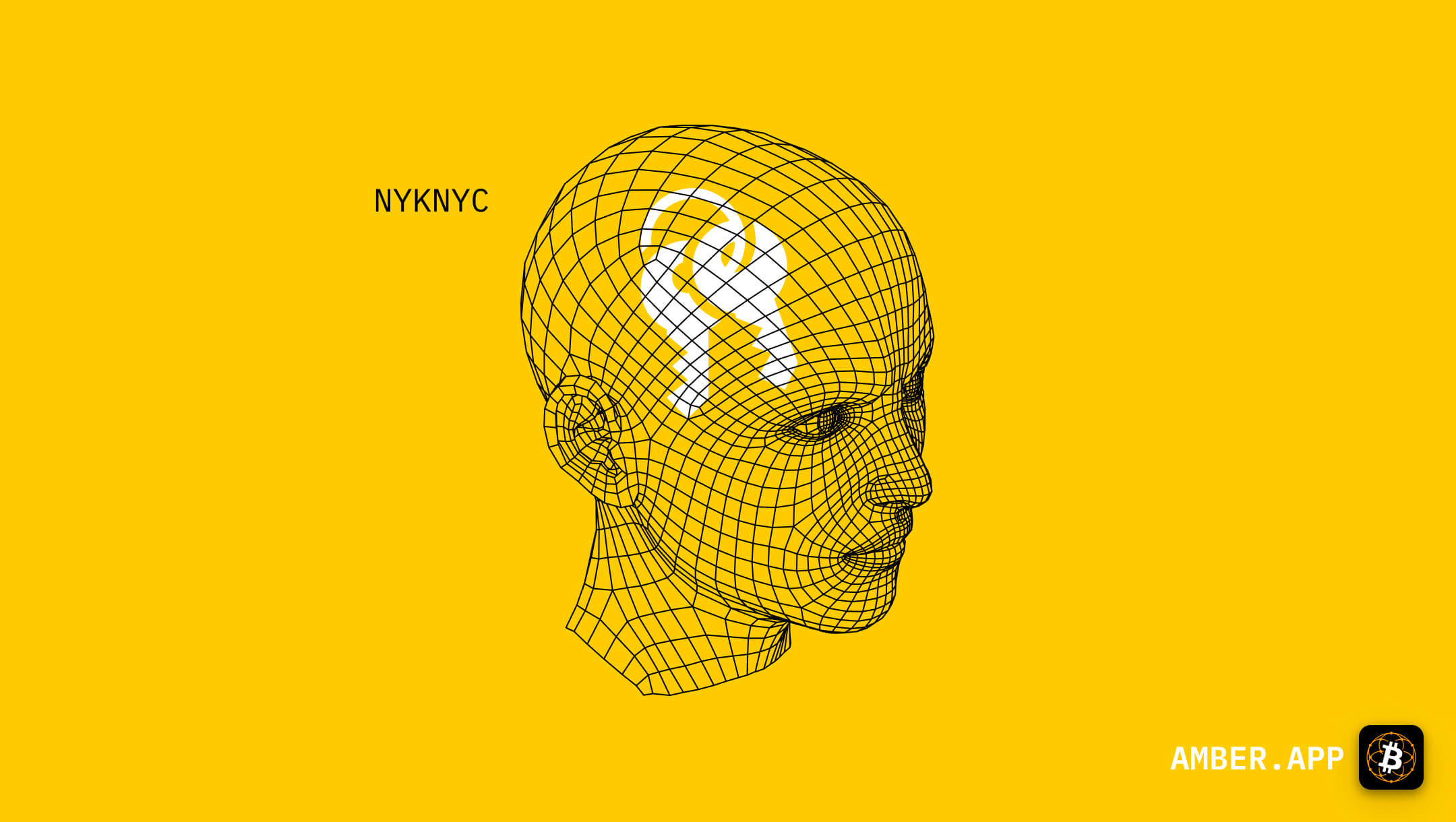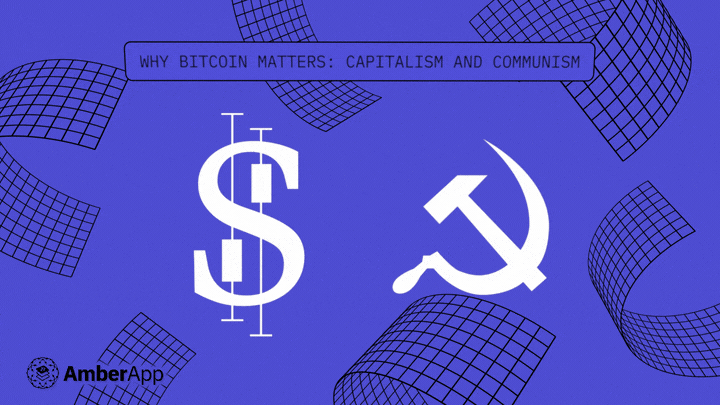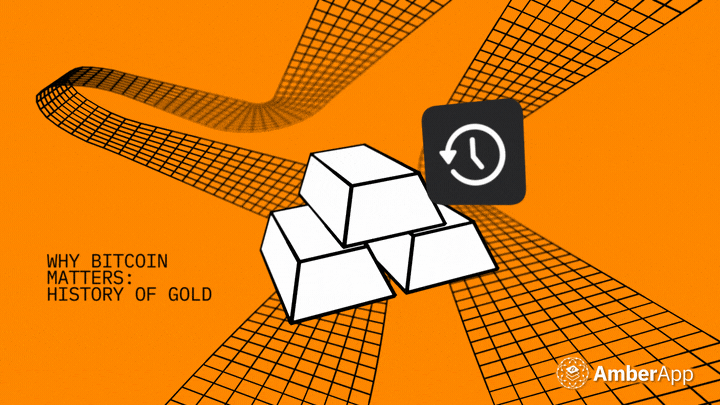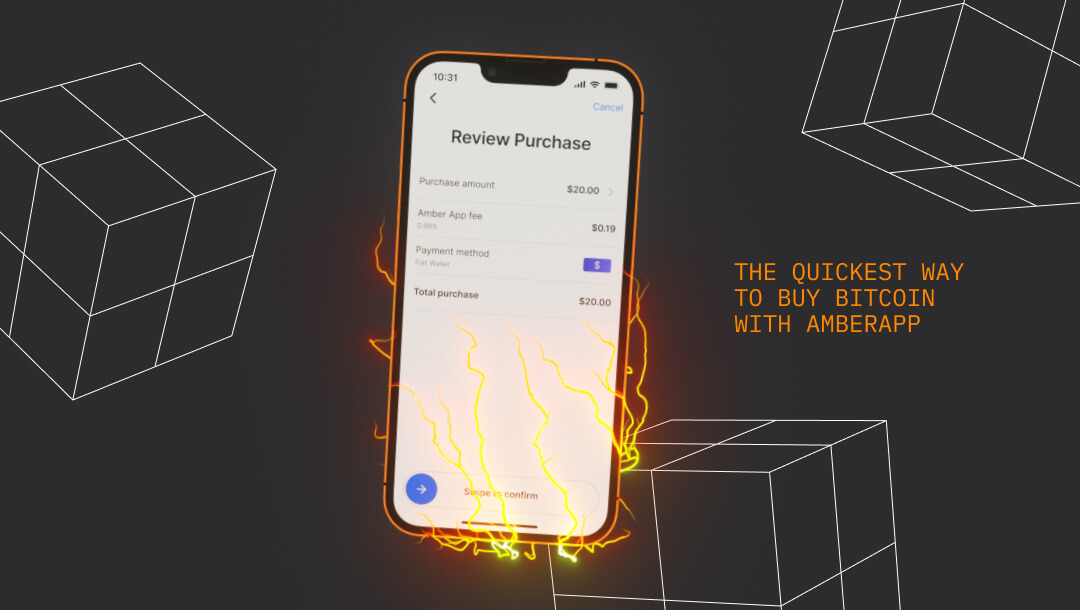“Not your keys, not your coins” is a common expression for bitcoiners, but, what does it mean?
Bitcoin is a bearer asset, which means the person who owns the asset, has it. It is not a promissory note or IOU of any sort, its value is self-evident, you either possess it or you don’t. This is similar to gold as a bearer asset, the primary difference is that Bitcoin is digital. Bitcoin is the first bearer asset that can be sent instantly, from any continent with the internet to another, all for a fraction of a penny and with no middlemen.
So when people say “Not your keys, not your coins”(often abbreviated to just “NYKNYC”) what they are really saying is:
“The whole point of owning a digital bearer asset is to be the bearer and own it without exposing yourself to any counterparty risk.”
Counterparty risk is simply trusting someone else to custody your asset for you. This can be a stepping stone for new bitcoiners as they take the time to learn the technicalities of cold wallets or for people who are too lazy to write down 24 words. It’s important to remember that entrusting a bearer asset to a custodian exposes both parties in a situation of significant risk as it is a liability for both parties. We all saw what happened to FTX.
If you need help setting up wallets or nodes, feel free to join the AmberApp Tribe on Telegram and we will be happy to assist you.
In the article “Trusted Third Parties Are Security Holes”, Nick Szabo exemplifies this point here:
“Traditional security is costly and risky. Digital security when designed well diminishes dramatically in cost over time.”[1]
This statement is essentially implying that technology helps humanity become more efficient with their time and energy which dramatically diminishes security costs over time. Making the liability of outsourcing financial security redundant. This mirrors Satoshi’s infamous quote[2]:
“The root problem with conventional currency is all the trust that’s required to make it work. The central bank must be trusted not to debase the currency, but the history of fiat currencies is full of breaches of that trust. Banks must be trusted to hold our money and transfer it electronically, but they lend it out in waves of credit bubbles with barely a fraction in reserve. We have to trust them with our privacy, trust them not to let identity thieves drain our accounts. Their massive overhead cost makes micropayments impossible.”
Do you see the similarities? Trusting people with your money has always led to disaster, whether that was:
- Exchanges like Mt. Gox or FTX with Bitcoin or
- Central Banks with bonds or treasuries while they flood the market with money.
- Commercial banks with gold while they lend out waves of credit with little to no reserves
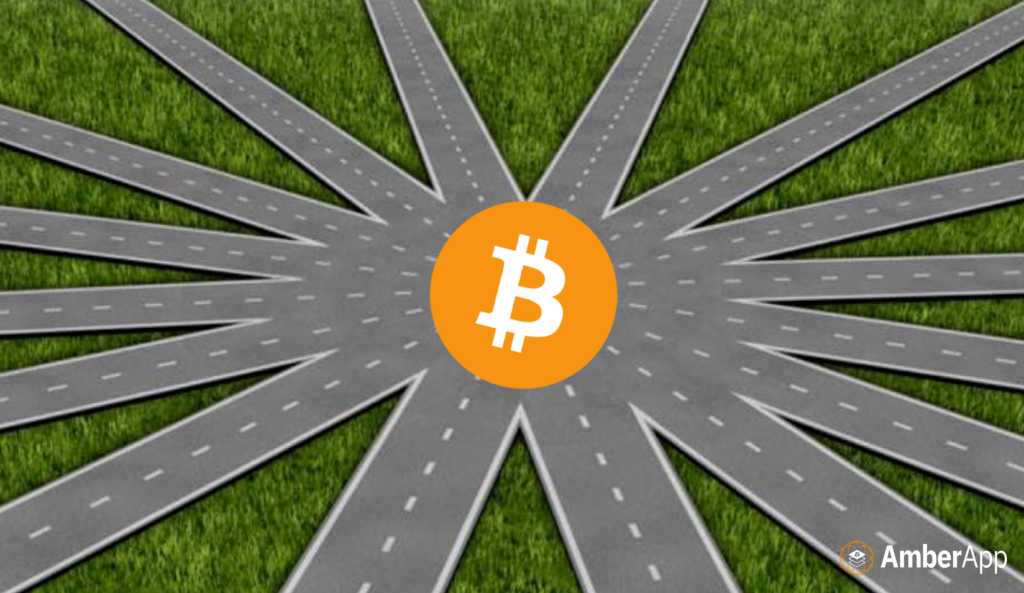
Bitcoin, solves this issue of trusting third parties with your financial autonomy. Satoshi continues the quote above:
“Bitcoin’s solution is to use a peer-to-peer network to check for double-spending. In a nutshell, the network works like a distributed timestamp server, stamping the first transaction to spend a coin. It takes advantage of the nature of information, being easy to spread by hard to stifle. The result is a distributed system with no single point of failure. Users hold the crypto[graphic] keys to their own money and transact directly with each other, with the help of the P2P network to check for double-spending.”
This technological innovation enables users, us, to verify, whether that’s the total and fixed supply or the validity of the payments we send and receive. All without having to trust centralized third parties who are financially incentivized to perpetually breach the trust that is required to make them work.
Are you ready to start verifying, rather than trusting?
Are you ready to be responsible and accountable for your finances?
Are you ready to be sovereign and stop asking for permission to use your money?
This is the bitcoin hero’s journey, slowly taking more accountability as you slowly realize that you were the sculptor the whole time.
If you are with the AmberApp Tribe and want to learn more, reach out to the support within the app or reach out in the Telegram group and we will be happy to help you along the hero’s journey. Thanks for reading and doing the Proof of Work (PoW), see you next time!

